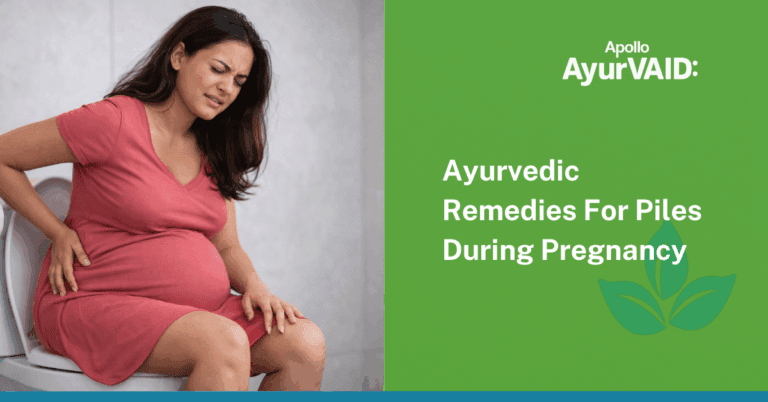Let’s be real — many of us brush off fatigue, mood swings, or weight gain as just part of life. Stress from work. Hormonal shifts. Maybe even just “getting older.” But what if it’s something more? What if these are signs of thyroid imbalance quietly creeping in?
Female thyroid symptoms often start quietly. They whisper before they roar.
So, what are the symptoms of thyroid problems in females? How do you know if your fatigue is just regular tiredness or something deeper? In this blog, we’ll explore these hypothyroidism symptoms not as a list to memorise, but as a conversation – grounded, compassionate, and real.

When the Thyroid Slows Down
Hypothyroidism symptoms — or underactive thyroid — happen when the butterfly-shaped gland in your neck doesn’t produce enough thyroid hormones. These hormones control metabolism, mood, energy, and even fertility.
Here’s the kicker: these female thyroid symptoms often mimic PMS, menopause, or everyday stress. So many go undiagnosed. Sometimes for years.
Common hypothyroidism symptoms in females include:
- Persistent fatigue, no matter how much sleep you get
- Weight gain that feels impossible to lose
- Feeling cold all the time, even when others are warm
- Constipation that just won’t budge
- Dry skin, thinning hair, or brittle nails
- Irregular periods or heavy menstrual bleeding
- Depression, anxiety, or brain fog
- Puffy face or swelling in the neck area
Sound familiar? You’re not alone.
Early Symptoms of Thyroid in Females
Let’s pause here for a moment. Some women don’t show full-blown symptoms right away. Instead, the early symptoms of thyroid in females might be:
- Slower thinking or memory lapses
- Slight hoarseness in the voice
- Feeling more emotional or tearful
- Less tolerance for exercise
- Light sensitivity or dry eyes
These signs can feel like “nothing.” But your body is speaking.
Ayurveda tells us that Purvarupa (early symptoms) often manifests subtly before the disease fully sets in. In hypothyroidism, we might see early Vikriti (disturbance) in the Kapha dosha, which governs structure and stability.
The Ayurveda Perspective of Hypothyroidism
Hypothyroidism, from an Ayurveda perspective, develops gradually due to improper lifestyle and diet, along with emotional and metabolic disturbances. These factors primarily vitiate Vata and Kapha doshas and impair the digestive and tissue-level metabolism, leading to hormonal imbalance.
- Nidana (Causative Factors)
- Improper Ahara (food habits), like heavy, oily, or incompatible foods
- Vihara (Faulty lifestyle), including lack of exercise, excessive sleep
- Manasika hetu (emotional triggers), like stress and suppressed emotions
These causative factors cause Vata and Kapha dosha dushti (vitiation of Vata and Kapha)
- Jatharagni Vaishamya (Disturbance of central digestive fire) – The impaired Doshas weaken the main digestive fire, affecting nutrient transformation.
- Rasadhatvagni Vaishamya (Impaired tissue-level metabolism) – Weak digestion affects Rasa dhatu (plasma/lymph tissue), slowing further tissue formation.
- Medovaha Srotas Dushti (Disturbance in fat metabolism channels) – Channels carrying and transforming fat become blocked, leading to weight gain and sluggishness.
- Malarupi Kapha Vriddhi (Abnormal accumulation of Kapha in waste form) – Kapha dosha accumulates, aggravating heaviness and dullness.
- Srotorodha (Obstruction of microchannels) – Ama (toxins) and Kapha block the Srotas (body channels), disturbing hormone and nutrient flow.
- Rasa-Pradoshaj Vyadhi (Disease rooted in disturbed Rasa dhatu)- The ongoing dysfunction at the Rasa level eventually results in hypothyroidism symptoms like fatigue, cold intolerance, depression, and weight gain.
Why Women Are More Affected
Here’s something that doesn’t get talked about enough: Women are statistically 5 to 8 times more likely to suffer from thyroid issues than men. Why?
Well, female hormones (especially estrogen) interact with thyroid hormones. Life stages like puberty, pregnancy, postpartum, and menopause all place additional demands on the endocrine system. That’s why many female thyroid symptoms flare after childbirth or during perimenopause.
Yet, because symptoms overlap with hormonal changes, many women are told, “It’s just stress” or “It’s part of ageing.”
No. It’s not “just” anything. You deserve to feel vibrant, not just functional.
When to Get Tested
If any of this resonates, please don’t ignore it. While a simple blood test measuring TSH (thyroid-stimulating hormone) serves as a starting point, it does not provide a complete picture.
Ask for:
- TSH
- Free T3
- Free T4
- Anti-TPO antibodies (to check for Hashimoto’s thyroiditis)
Remember: You are your best advocate. If you feel off, you probably are.
Ayurveda Treatment for Hypothyroidism
Ayurveda doesn’t treat lab numbers. It treats you. An Ayurveda practitioner may recommend:
- Balancing Agni with warming spices
- Herbal supports that are used traditionally for thyroid and lymphatic issues
- Lifestyle practices to pacify Kapha, such as Garshana (dry brushing), early rising, and gentle movement
- A nourishing, warm, light diet tailored to your Prakriti (constitution)
- Shodhana (cleansing Panchakarma therapies) in specific cases for detoxification
Remember, Ayurveda sees you as a whole person — mind, body, and Atma (soul). Not just a list of symptoms.
AyurVAID’s Evidence-Based Approach
AyurVAID Hospitals — India’s leading NABH-accredited Ayurveda hospital chain — takes a structured, classical, and research-backed approach to managing female thyroid symptoms holistically.
At AyurVAID, hypothyroidism symptoms are not seen in isolation. The root cause is explored deeply through classical Ayurveda diagnostics and a structured treatment protocol. AyurVAID bridges the gap between traditional knowledge and clinical evidence — perfect for women seeking holistic, root-cause healing.
One Last Thought
What are the symptoms of thyroid in females? It’s not just a list. It’s the way your body tries to talk to you.
If you’re feeling off — emotionally drained, mentally foggy, physically heavy — listen. Tune in. Ask questions. Seek both medical and holistic guidance.
You are not lazy. You are not crazy. You are not alone.
You may be close to learning what your thyroid has been trying to tell you.







